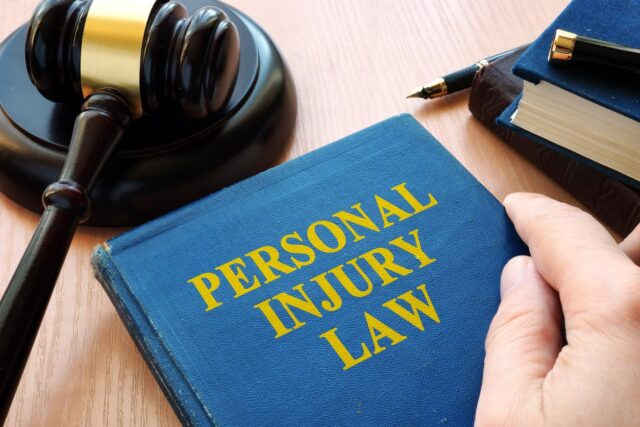
Personal injury law is an area of law that deals with cases in which individuals are injured or harmed due to the negligence or intentional actions of others. Understanding personal injury law is crucial for anyone who has suffered an injury or harm and wishes to protect their rights.
Seeking help from professionals such as Buckingham Barrera Vega Law Firm can ensure that you understand the legal process and laws applicable to your case.
Personal injury law encompasses a wide range of cases, including car accidents, slips and falls, medical malpractice, product liability, and more. If you or a loved one has been injured due to someone else’s negligence, it is essential to understand your legal rights and options. Here’s what you should know about personal injury law:
Importance of Seeking Legal Counsel

Personal injury law can be complex and confusing, with many legal nuances and procedures that are difficult for the average person to navigate on their own. Hiring an experienced personal injury lawyer can help ensure that your case is handled properly and that your rights are protected throughout the legal process.
A qualified attorney can help you understand the legal issues involved in your case, negotiate with insurance companies and other parties, and represent you in court if necessary. By working with a trusted legal professional, you can increase your chances of receiving fair compensation for your injuries and other losses, and move forward with confidence and peace of mind.
Different Types of Personal Injury
It is important to understand the different types of personal injury to ensure that you are properly protected and compensated in the event of an accident. The two main categories of personal injury are physical and psychological injuries.
Physical injuries can include anything from a broken bone or whiplash to a traumatic brain injury or spinal cord injury. Psychological injuries, on the other hand, refer to mental and emotional distress caused by an accident or incident.
Examples of psychological injuries include post-traumatic stress disorder (PTSD), anxiety, and depression. It is important to note that both physical and psychological injuries can have long-lasting effects on a person’s health and quality of life and can result in significant financial losses due to medical bills, lost wages, and other expenses.
Elements of a Personal Injury Case
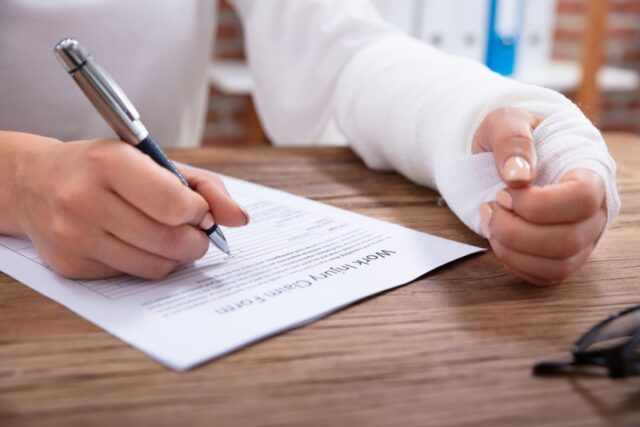
If you have been injured due to someone else’s negligence, you may have a personal injury case. To pursue this case, you will need to understand the elements that make up a personal injury claim.
The first element is the duty of care. This means that the defendant had a responsibility to act in a manner that would not cause harm to others. The second element is a breach of duty.
This occurs when the defendant does not fulfill their duty of care by acting negligently or recklessly. The third element is causation. You must prove that the defendant’s breach of duty directly caused your injury.
Lastly, you must prove damages, which include any physical or emotional harm that you suffered due to the injury. Understanding these elements is crucial to protecting your rights and building a strong personal injury case.
Statutes of Limitations
Statutes of limitations are legal time limits that dictate the period within which a legal claim must be filed. In personal injury law, statutes of limitations are an essential aspect of protecting your rights as an injured party.
Every state has its own set of statutes of limitations for personal injury claims, which vary depending on the type of injury, the defendant, and the circumstances surrounding the accident.
Failing to file a claim within the appropriate statute of limitations can result in the case being dismissed, which can leave you without any legal recourse.
It is, therefore, crucial to seek the advice of an experienced personal injury attorney as soon as possible after an accident to ensure that you do not miss any crucial deadlines and that your rights are fully protected.
Evidence Gathering and Preservation
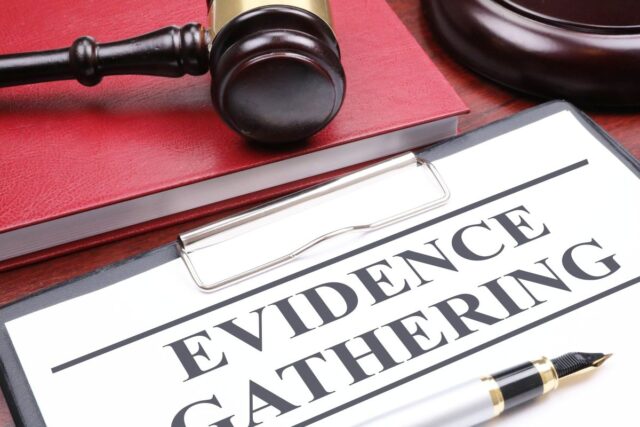
Evidence gathering and preservation are crucial in personal injury cases. The success of a personal injury claim depends heavily on the strength of the evidence presented. It is essential to collect as much evidence as possible to support your case.
This includes physical evidence, such as photographs of the accident scene, damaged property, and injuries sustained.
Eyewitness statements and police reports can also be valuable evidence. In some cases, expert opinions may be necessary to establish liability or prove the extent of the damages. It is important to act quickly to preserve evidence, as physical evidence can deteriorate over time, and memories of witnesses can fade.
An experienced personal injury attorney can help you gather and preserve evidence to support your claim and protect your rights.
Insurance Company Negotiations
An experienced personal injury attorney can negotiate with the insurance company on your behalf to ensure you receive fair compensation for your injuries, medical bills, lost wages, and other damages.
Negotiations can be complex, and insurance companies have teams of lawyers working to protect their interests. Therefore, it is essential to have an experienced attorney on your side who can effectively negotiate with the insurance company and protect your rights.
With proper legal representation, you can secure the maximum compensation possible and focus on your recovery without the added stress of dealing with the insurance company.
Mediation and Arbitration Options
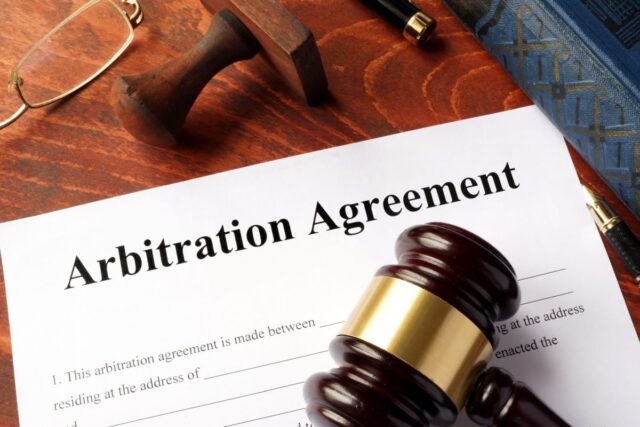
One potential avenue for resolving personal injury disputes is through mediation or arbitration. These options can offer a more efficient and cost-effective way to settle a claim than going to court. Mediation involves a neutral third party who works with both sides to find a mutually agreeable solution. This can be especially helpful if there is a desire to maintain a relationship with the other party, such as in a workplace injury case.
Arbitration, on the other hand, involves a neutral third party who acts as a decision-maker and makes a binding ruling on the dispute. While both options can be effective in resolving personal injury disputes, it is important to choose the right method for your specific case and to have an experienced attorney guide you through the process.
Trial and Appeals Process
The trial and appeals process is a crucial component of personal injury law. After the initial filing of a lawsuit, both parties will enter into the discovery phase, where they will exchange evidence and information relevant to the case. Following discovery, the trial phase will commence, where both parties will present their cases before a judge and jury.
During the trial, witnesses will be called, and evidence will be presented to support each side’s argument. Once the trial concludes, either party may appeal the verdict if they believe there were errors made during the trial that affected the outcome.
The appeals process involves submitting written arguments and appearing before a higher court to argue the case again. It’s important to note that the appeals process can be lengthy and costly, but it’s a crucial step in protecting your rights and ensuring justice is served.
Conclusion
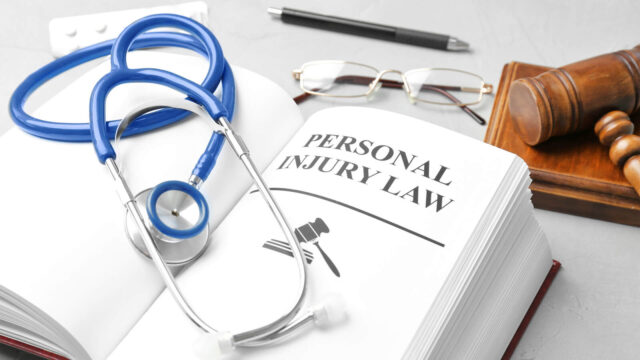
Understanding personal injury law is essential for protecting your rights and receiving the compensation you deserve. It is important to seek the help of a qualified personal injury lawyer who can guide you through the legal process and help you navigate the complexities of the law.
By working with a legal professional and taking the necessary steps to document your injuries and damages, you can ensure that your case is properly represented and that you receive the compensation you are entitled to.
Remember, protecting your rights is crucial, and seeking legal advice is the first step towards achieving a successful outcome in your personal injury case.









